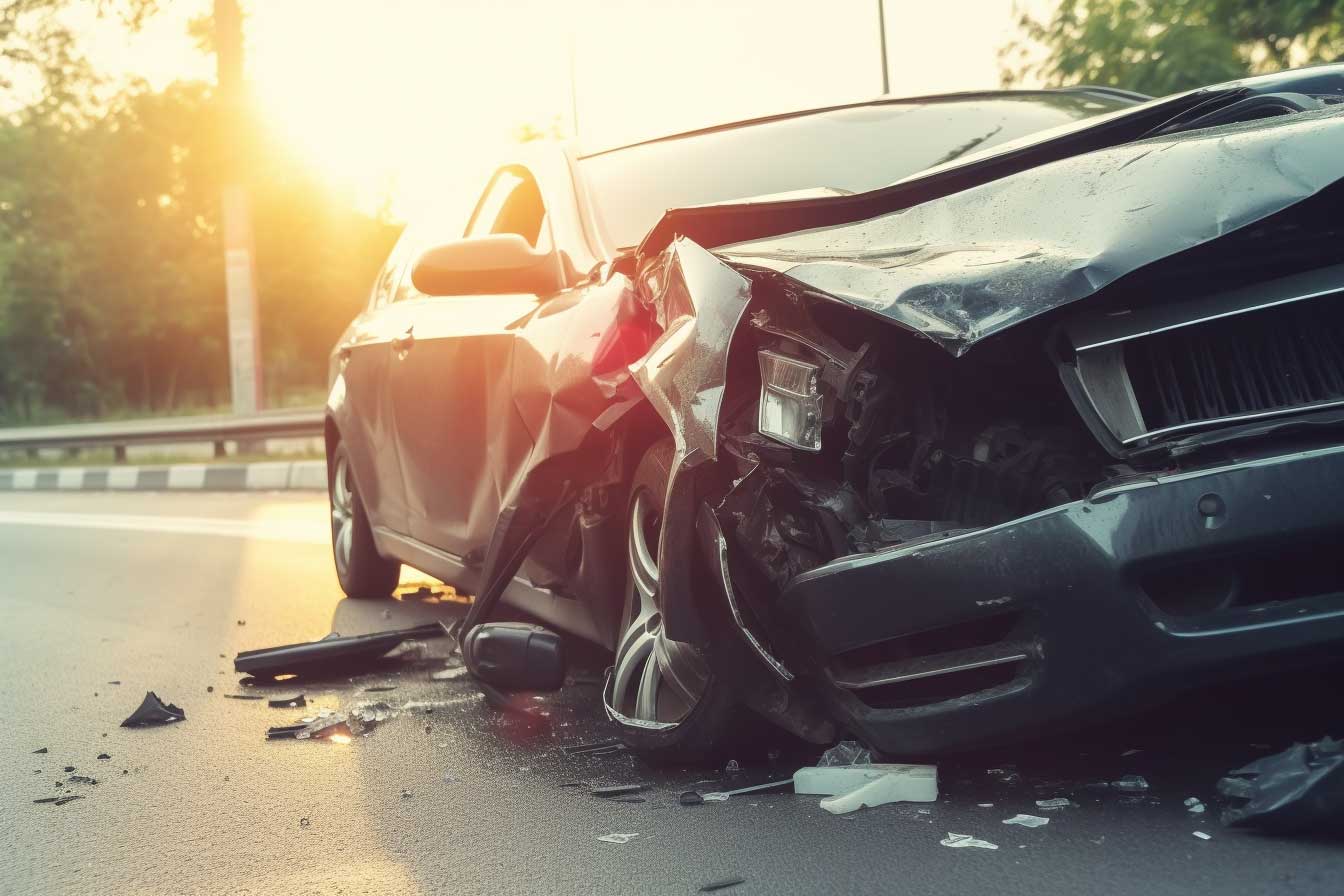
Navigating the complex world of claims personal injury in atlanta can be challenging, particularly when it comes to understanding the laws of negligence comparative. In Georgia, these laws play a crucial role in determining the outcome of personal injury claims arising from car accidents and other incidents. As a signature of Leading Personal Injury Lawyers in Atlanta, Tovar-Hastings Law is committed to providing clients with complete information about comparative negligence laws and how they affect their case. In this article, we will delve into the nuances of Georgia's comparative negligence system, answer frequently asked questions, and provide helpful Atlanta resources for those seeking legal assistance.
What is comparative negligence?
Comparative negligence is a legal principle that apportions blame among all parties involved in an accident. This system is designed to ensure that each party is responsible for their role in causing an accident, with their liability for damages being proportional to their level of fault. Georgia follows the modified comparative negligence model, meaning that an injured party can recover damages only if their level of fault is less than 50%.
Understanding the Georgia Modified Comparative Negligence Law
In Georgia, the modified comparative negligence law (OCGA § 51-12-33) allows plaintiffs to recover damages only if they are found to be less than 50% at fault for the accident. The total amount of damages you can recover will be reduced by your percentage of fault. For example, if a plaintiff is awarded $100,000 in damages but is determined to be 30% at fault for the accident, he or she will receive only $70,000 in compensation.
Comparative Negligence FAQs in Georgia
Helpful Atlanta Resources
- Georgia Department of Law Consumer Protection Division: Consumer rights information and resources for Georgia residents.
- Georgia State Bar- A comprehensive resource for legal professionals and the general public, including a directory of Georgia attorneys.
- Atlanta Legal Aid Society: Provides free legal assistance to low-income people in the Atlanta area.
- Georgia Legal Services Program: Provides free legal services to low-income people outside the Atlanta area.
- Georgia Courts- Information about the Georgia court system, including a directory of courts and judges.
- Georgia Department of Driver Services: Resources for driver's licenses, vehicle registrations, and driving records.
- Atlanta Police Department- Information about accident reports, traffic citations and other law enforcement resources in the city of Atlanta.
- Georgia Department of Transportation: Resources for traffic and travel information, including construction updates and accident reports.
Conclusion
Understanding Georgia comparative negligence laws is essential for anyone involved in a personal injury claim. By familiarizing yourself with these laws and seeking guidance from experienced legal professionals like Tovar-Hastings Law, you can better navigate the complexities of your case and improve your chances of recovering the compensation you deserve.
If you think you have a personal injury claim and need help, consider communicate with our team at Tovar-Hastings Law. Our experienced attorneys are committed to providing personalized representation and helping our clients overcome the challenges of comparative negligence laws in Georgia.
Please note that the information provided in this article is for general informational purposes only and should not be construed as legal advice. If you have specific questions about your case, consult with a qualified attorney in your area.

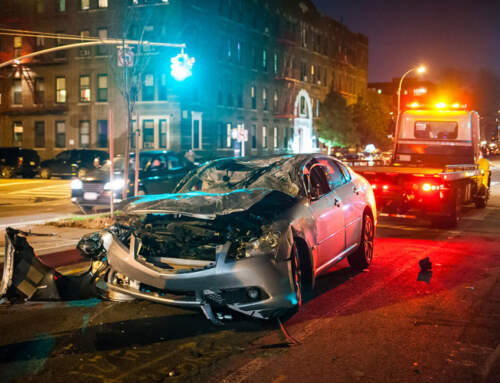
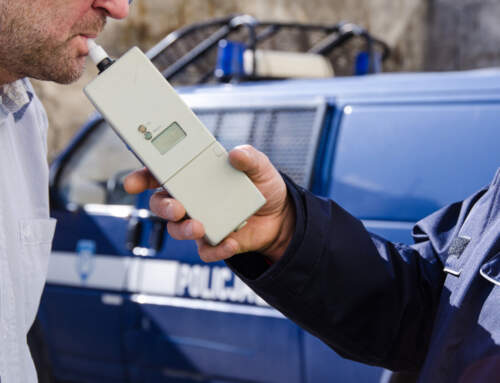
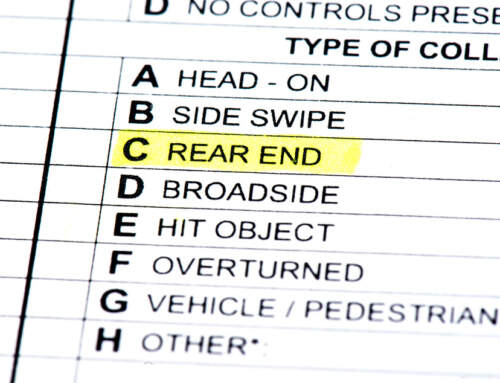
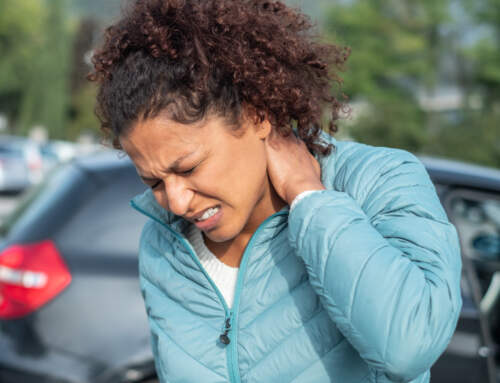

Deja un comentario